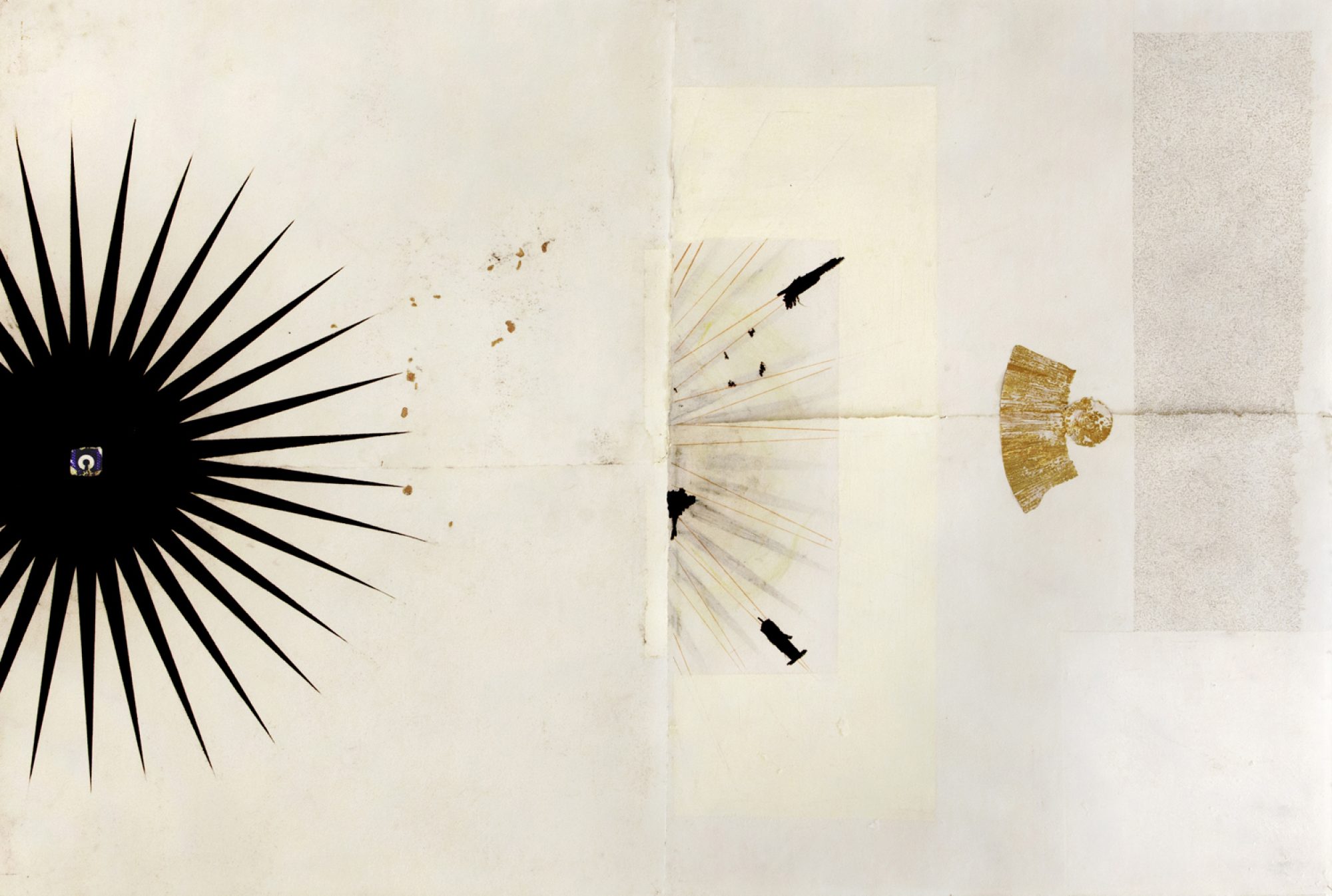

All We Can Save: The Power of Environmental Community-Building
Certain texts have come to define revolutionary movements. Silent Spring by Rachel Carson catalyzed environmental health legislation in the 1970s, and This Bridge Called My Back, edited by Cherríe Moraga and Gloria Anzaldúa, a foundational intersectional third-wave feminist collection show the power of women writers to incite crucial social justice movements. Texts like these have defined the problem, rallied change-makers and community activists, and served as a blueprint for the future. All We Can Save, edited by Ayana Elizabeth Johnson and Katharine K. Wilkinson, now takes its place alongside other revolutionary texts. A collection of essays and poems by women leaders addressing climate change, All We Can Save considers the climate crisis from a diverse array of perspectives and places, and provides a powerful call to heal climate injustices through community and connection.
The collection flows through a series of eight interconnected themes that the editors address in the introduction: root, advocate, reframe, reshape, persist, feel, nourish, and rise. Each theme highlights myriad ways women are leading their communities toward sustainable pathways. The title of the collection, All We Can Save, pays homage to poet Adrienne Rich, whose message of radical hope I considered in my previous blog post. In her poem “Natural Resources,” Rich mourns the past losses of “all I cannot save,” yet recommits to the cause of reconstituting the world. The women featured in this collection speak of their experiences of climate-related losses yet remain committed to finding equitable solutions.
The activists, artists, politicians, scientists, and citizens who wrote the essays in this collection highlight the ways in which their work is impactful and necessary, and share their visions for a just and sustainable future. Some of the most notable essays include “Indigenous Prophecy and Mother Earth” by Sherri Mitchell, who argues that Indigenous ways of life can inform a sustainable future for all. In “Black Gold” Leah Penniman describes how Afro-Indigenous farming practices can help reconnect Americans with the land and soil. The essays and poems in this collection don’t gloss over the pain already caused by climate destruction and systemic inequalities, but they also consider how feelings of joy and sorrow can, in this moment in history, serve as catalysts for change.
The connective thread between all of the works in All We Can Save is the concept of community. Editors Ayana Elizabeth Johnson and Katharine K. Wilkinson wanted to show how communities of care that focus on climate solutions are crucial to creating a just and sustainable society. There is a sense that we already have the solutions we need to solve the climate crisis‒what comes next is harnessing our collective and individual power to implement solutions and mobilize communities.
In the end, All We Can Save is an invitation to those entering the climate movement, a source of encouragement for those currently working on climate solutions, and a rallying call to cultivate environmental community-building as a source of hope and action.
Resources for further reading
Johnson, Ayana Elizabeth, and Katharine K. Wilkinson. All We Can Save.
https://www.allwecansave.earth/.
Johnson, Ayana Elizabeth, and Katharine Keeble Wilkinson. All We Can Save: Truth, Courage,
and Solutions for the Climate Crisis. New York: One World, 2020.
Kaplan, Sarah. “They Edited a Book about the Climate Crisis. Here’s What They Learned about
Hope.” The Washington Post. WP Company, August 31, 2020.
https://www.washingtonpost.com/climate-solutions/2020/08/31/ayana-elizabeth-johnson-
katharine-wilkinson-climate/.
Mitchell, Sherri, and Rivera Sun. “Love (and Revolution) Radio.” Rivera Sun.
https://www.riverasun.com/love-and-revolution-radio/.
“Soul Fire Farm.” SOUL FIRE FARM. https://www.soulfirefarm.org/.
Watch, Leah Penniman, Soul Fire Farm director and author of “Farming While Black,” talk with Chris Hedges, author of “America: The Farewell Tour,” about environmental threats, societal breakdown, and how we might come back together as humans. Then, a glimpse of CAGED, a play written and conceived by Hedges’ writing students in a high-security prison in New Jersey. To donate to forward-thinking media, go to www.lauraflanders.org/10Years.
Watch an interview with Leah Penniman https://commons.wikimedia.org/wiki/File:American_Decline_-_A_Case_for_Optimism.webm
